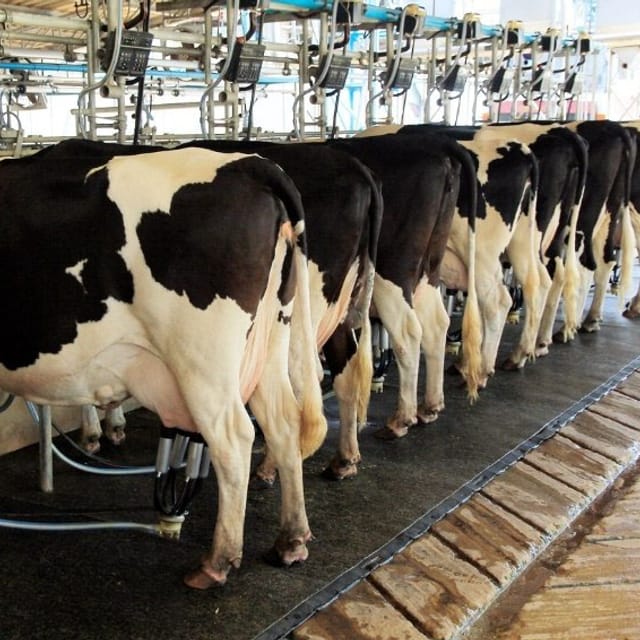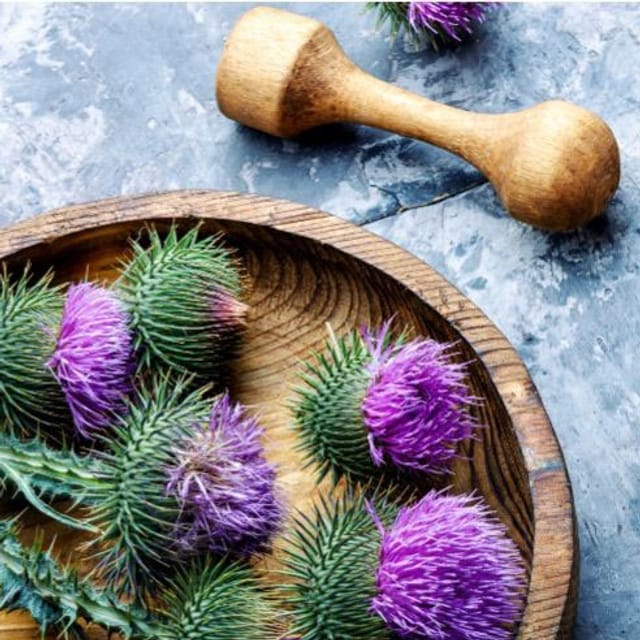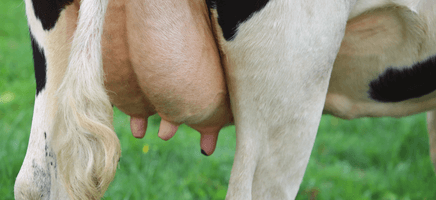
Optimizing Somatic Cell Count in Dairy Cattle
Somatic Cell Count (SCC) serves as a pivotal gauge for udder health in dairy cattle, directly influencing milk yield and overall productivity. A comprehensive approach to SCC optimization is vital, encompassing strategies that uphold udder health and enhance milk production. Elevated SCC often signals mastitis, an inflammatory udder condition detrimental to milk quality, escalating treatment expenses, and posing a threat to herd well-being.
Cows with heightened SCC face diminished milk yield due to impaired udder function, resulting in economic setbacks for dairy producers. The adverse impact extends to compromised milk quality, affecting components like fat and protein. Managing mastitis and elevated SCC necessitates veterinary intervention, medications, and potential culling of affected cows, amplifying production costs. While stringent hygiene practices, routine SCC testing, and early detection are key preventive measures, supplementing feed becomes imperative for comprehensive herd management. Timely interventions, supported by breeding programs emphasizing udder health traits, can mitigate the repercussions on both milk yield and quality, fostering a sustainable and economically viable dairy operation.

Preventive Measures and Natural Components
Dietary management plays a pivotal role in ensuring the well-being and optimal functioning of dairy cows, particularly with a focus on supporting udder health. The strategic formulation of balanced diets tailored to meet the specific nutritional requirements of these cows is essential.
A key element in this nutritional strategy is the incorporation of holy thistle, also known as milk thistle. Research indicates that the inclusion of high-quality milk thistle in the diet offers robust cellular protection, thereby contributing to a resilient immune system that helps mitigate the risk of mastitis.
To maximize the efficacy of milk thistle, an innovative approach involves coating it to facilitate better bypassing of rumen fermentation. This allows the active components to exert a direct and positive influence on both liver and udder health. The mode of action of milk thistle thus extends beyond mere nutritional supplementation, becoming a targeted support system for the intricate physiological processes crucial for dairy cows.

In addition to milk thistle, yeast, and various supplements play vital roles in promoting liver health, immune modulation, and enhanced milk production. Yeasts, along with specific vitamins and betaine, are recognized for their positive effects on liver function and overall immune response.
This holistic dietary approach not only addresses nutritional needs but also harnesses the specific benefits of each supplement to create a comprehensive strategy for maintaining the well-being and productivity of dairy cows.
Support your cow with MilQ, our reply to elevated SCC. Botanicals, vitamins and yeast as main active components for the support the cow needs.
